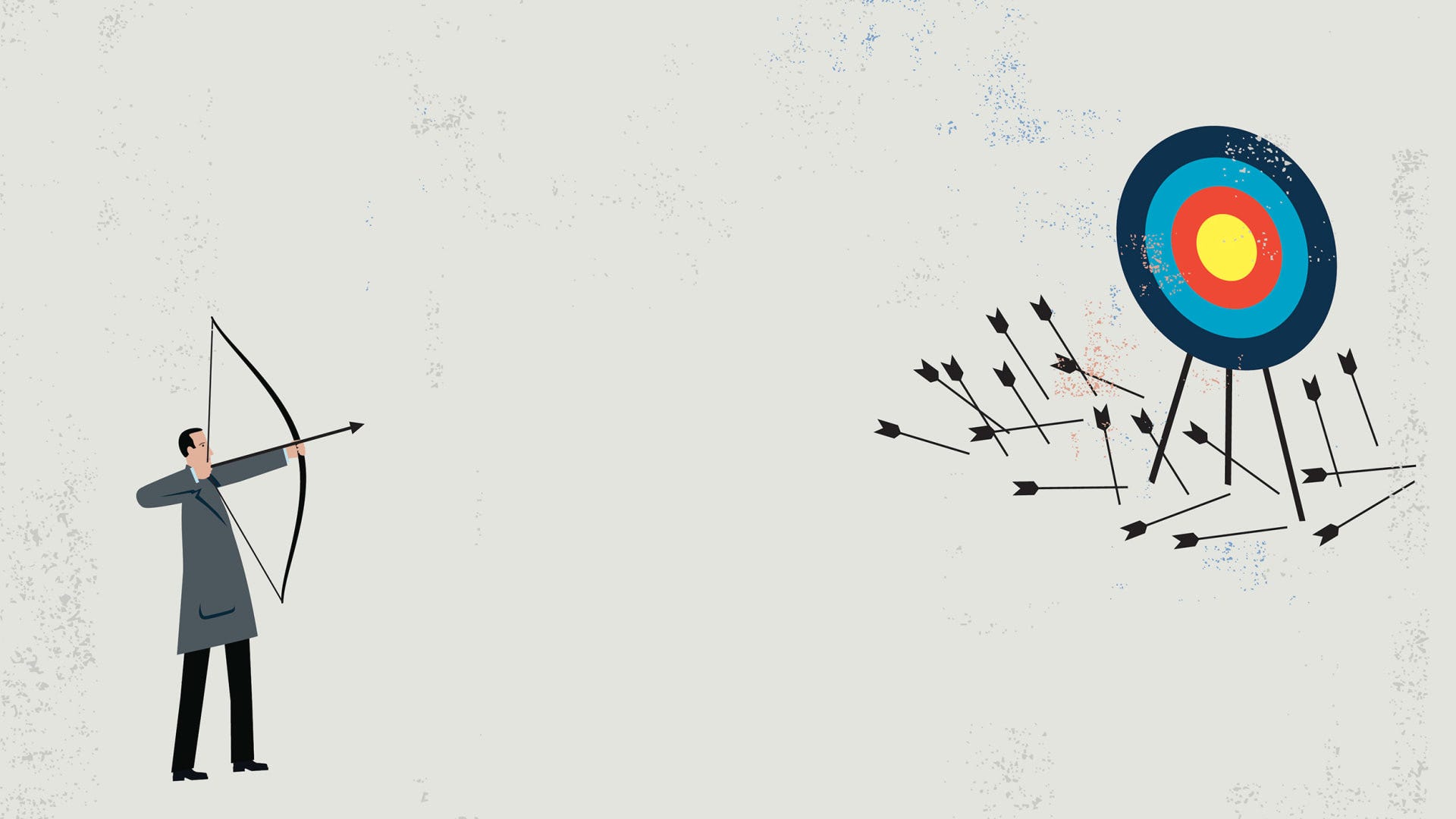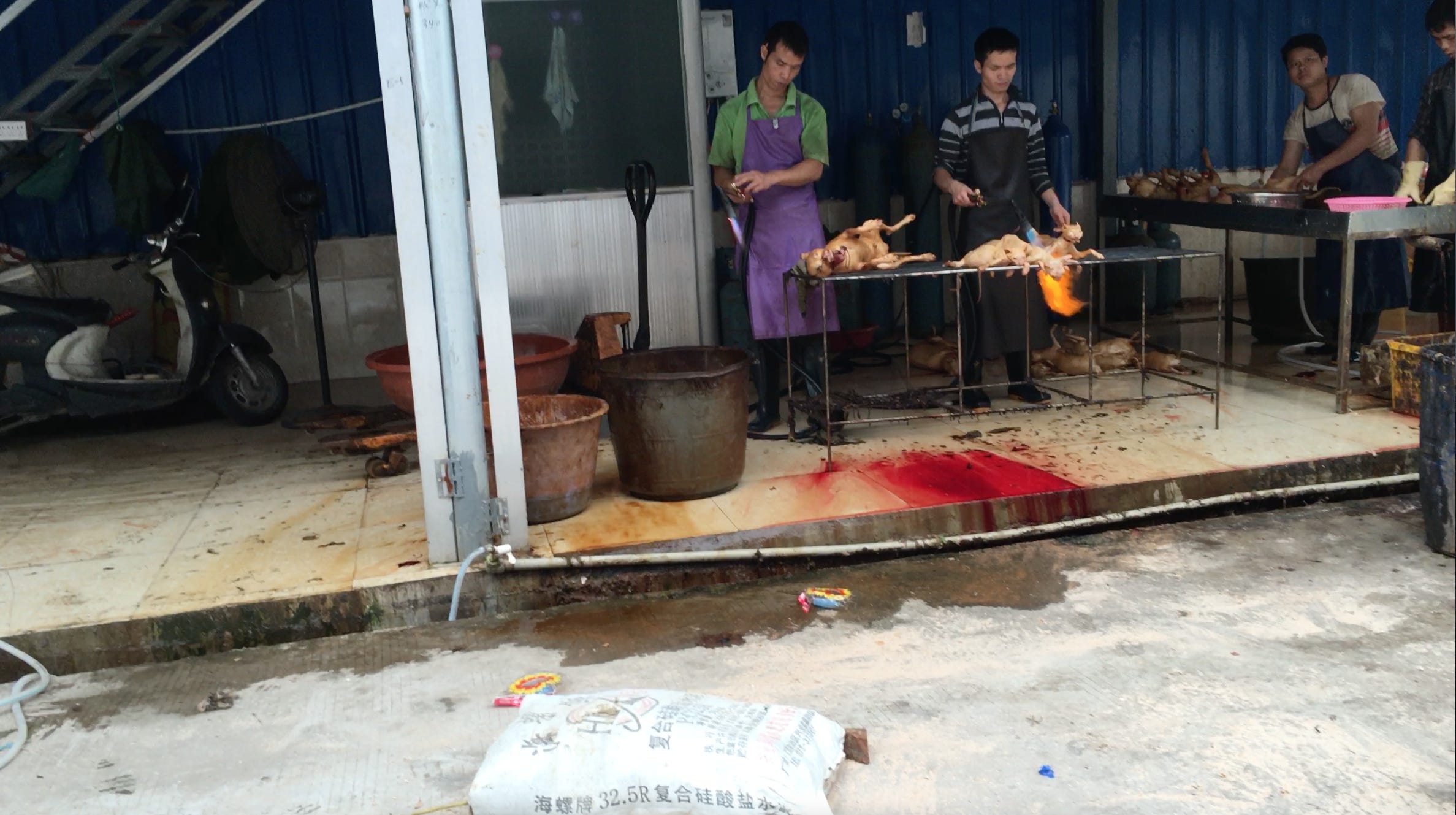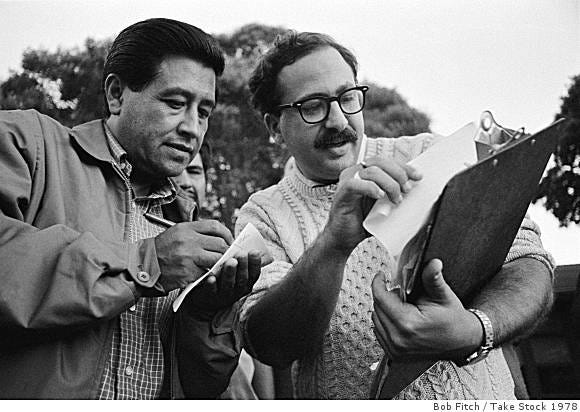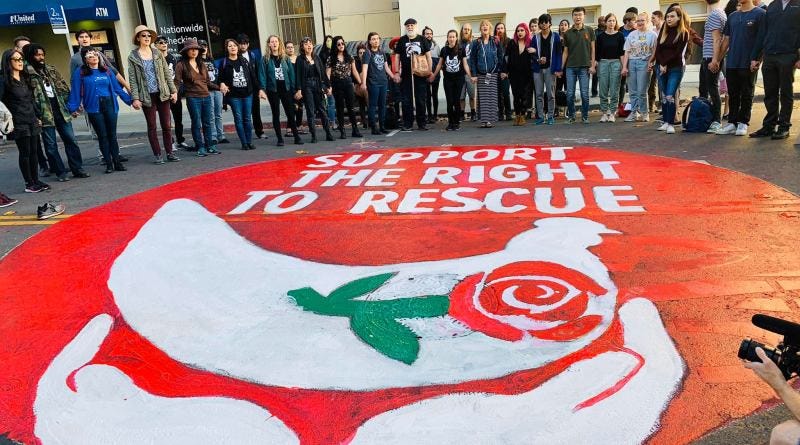|
Failure is the Path to Success
I got 95% wrong in the Smithfield trial. Here's why we still won, and what it can teach all of us about "failure."
I can’t count the number of people who have congratulated me on our unprecedented victory in Utah against pig farming giant Smithfield Foods. What’s surprising for people to hear is that I got about 95% wrong in that case.
Let me quickly define what I mean by that. By “I got 95% wrong,” I mean that 95% of the key decisions and actions in the open rescue and subsequent trial had clear errors that, if corrected, would have significantly improved our chances of a successful outcome. Perhaps the single largest error was my failure to carefully analyze the law of Utah before undertaking the investigation. I did not even look for so-called “pattern jury instructions” – standard instructions read to a jury in every case that virtually every judge will follow – to determine how our open rescue at Smithfield would play out in a court of law!
If I had done so, I would have realized that certain key legal elements of a potential prosecution, e.g., the value of the “property” at issue, could be effectively challenged if we collected the right evidence from Day 1. Instead, through some combination of arrogance and exhaustion, I believed that we could go back through our ad hoc records to “clean up” things we mad missed.
I was wrong. And the result was that key evidence that we could have brought in to the Smithfield trial, e.g., vet records showing how ill the piglets were, was never presented to the jury. This was a pattern throughout the trial; we won despite my work in the case, not because of it. As I noted when the case went to the jury, I felt like I did a flat out terrible job.

I should probably qualify what I mean by “terrible.” Being terrible, in my book, does not doom a project to complete failure. It just means that we could have done much better, if not for the error.
Moreover, my definition of “terrible” is probably a harsh one by most people’s standards. My expectations in life were set by a mom who was impossibly demanding. I could get the best grade in class on exams, but if it wasn’t 100% (and sometimes even when it was), mom would still punish me for my lack of effort. She always cared much more about how hard I worked, and less about the specific outcome. (It’s the Eastern mentality on life.) The result is that I have standards in life, with respect to the quality of my work, that seem impossibly high to many of the people around me.
You might be wondering, at this point, how I continue doing work, when I constantly feel that my work is terrible. But it’s not just that I continue working. I legitimately enjoy the work, too. How do I enjoy work when I feel like I’m failing? The reason is quite simple. Many years ago, I came across a crucial insight that transformed my relationship to work:
Failure is just a step to success.
Vinod Khosla, a venture capitalist who has financed some of the most important companies in the plant-based sector, explains this in an absurdly entertaining talk he gave at Stanford Business School many years ago. (My favorite line: “There’s something fundamentally wrong with someone who wants to go work with one of the consultants or investment banks.” He said this to business students… who were going to work with consultants and investment banks!)
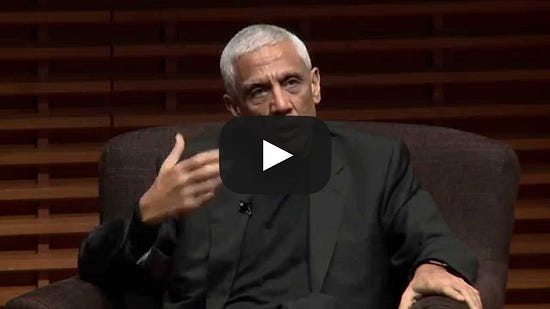
Khosla makes a number of key points in the talk. Failure is an inevitable side effect of risk. Failure teaches lessons. And failure can keep you open-minded.
The Smithfield case was a demonstration of all these points. We knew that we would get things wrong before the investigation even began. There were so many challenges — physical, political, and legal — and we were all relatively new to the process. The only way to avoid mistakes would have been to not do the project at all. But that would have been the worst and most dangerous mistake to make. We needed to take risk, and that meant we needed to embrace failure.
Failure also taught us lessons. The specific things I failed on will teach me, and the people I train, to do better next time. I’ll never forget to obtain vet records, if I’m advising or executing an open rescue in the future. And this applies to many other mistakes: neglecting to understand the lessons of “tempered radicalism” in our communications around the open rescue and trial; reporting animal cruelty to the authorities far too late; and improperly preparing some of our witnesses for cross examination. Each of these mistakes is imprinted in my brain. And it will be easier to correct them in the future, precisely because it hurts so much that I failed.
But perhaps the most important part of failure in the Smithfield case is that it keeps me humble, and willing to learn. I know that I am deeply imperfect. I know I made errors that, in retrospect, seem utterly boneheaded. But that leaves me in a better place for my next project because I’ll be looking for other mistakes. It’s perhaps the central lesson I try to teach people when undertaking complex projects.
Keep learning.
The next few months, and perhaps years, I’ll be trying to impart some of these lessons — hard-earned lessons from failure — to as many people as I can. I mean not just the tactical mistakes, like the failure to review jury instructions, or the failure to obtain vet records; I mean the deeper philosophical work that’s necessary to build a movement that has what Marshall Ganz has called “strategic capacity,” i.e., a deep and widespread ability to overcome new challenges with innovative strategies. To keep learning, en masse. And one big part of strategic capacity is learning how to fail — and integrating the lessons from your failure into your next project or idea.
I will have some big upcoming projects to test out what I think I’ve learned from my failures. It will be high stakes and all consuming. But it’ll be worth it, because lives are at stake. Just as importantly, as with all the work I do, I’ll be announcing next steps for you to be a part of this, too. Because one of the ways we overcome failure — and learn from it — is to fail together, and help each other back on our feet.
The projects I’m taking on, which all involve the right to rescue, are filled with failures. There are any number of mistakes I could point out in each. But, as Khosla said at Stanford, failure doesn’t matter. Success does.
I hope you’ll join me in failing together, and by doing so, building the path to success. Stay tuned for more.
—
Speaking of failure, one project that has probably failed is the podcast. It hasn’t grown the way I was hoping it would. There are all sorts of possible reasons for that, including my own complete failure to promote it, but with these new right to rescue projects coming up (along with my own two criminal trials), I just can’t justify the 10 or so hours I’m spending on it each week. So this week’s episode will be my last.
There are two good things to say about the end of the podcast, though. The first is that I learned a lot. The last episode, which goes through some of the things I learned — authenticity is as hard as it is powerful; relationships matter; and listening is a skill and not a state — is a good example of how failure has taught me.
The second good thing, however, is that the podcast is going to be replaced by stuff that I think is higher impact. Rescue, as I say in the podcast, is not just defining action of animal rights. It’s the defining action of the human species, when we are at our best. And with the victory in Utah, and the upcoming right to rescue cases and campaigns I’ll be working so hard on, it’s time for me to pivot my life and get back to rescue. The Simple Heart, therefore, will have a new mission:
Rescuing animals transformed us. It can transform the world.
And that will be my mission, too.
I think back to the words I wrote when I came back from China, nursing wounds after being beaten by dog meat traders in an effort to save dogs. I was watching Oliver, joyful and happy, when I wrote these words:
I look at Oliver playing in the backyard and think back to the dozens of other animals I’ve rescued from farms. A sick piglet we named Miley. A tiny crippled hen, who became Emma. And a dying chicken, Mei, we pulled from an egg farm’s manure pile. While the species is different, the story is the same. A human being, motivated as much by ignorance as malice, concluded that Oliver’s life didn’t matter. It’s a story as old as human prejudice.
But when I look into Oliver’s eyes — when the world looks into his eyes — I see a different story unfolding. I see more and more ordinary people, just like me, deciding to take an extraordinary risk. To walk behind the closed doors, past the lines that we normally draw, and beyond the moral frontiers that we have always kept. I see more open rescues happening just like ours, spreading across the globe and daring the government to try us in the court of law or the court of public opinion. I see an industry and ideology crumbling under the weight of hypocrisy. And I see a world where all the slaughterhouses have been replaced with sanctuaries — spaces where the animals of this earth can live in peace rather than violence.
I smile and get up to look at a map. It’s time to plan our next rescue.
One of my greatest failures, over the past 4 years, has been failing to live up to these words, and pivoting from my life’s mission of rescue. And I think it’s the movement’s failure, too. We’ve gone from a rising movement for rescue to, partly due to COVID and partly due to infighting, a movement that seems unable to get anyone out to do anything! That has to change, and it can change.
But to change, we have to recognize our failures. And see that, as painful as those failures are, failure is just the path to success.
It’s time to get back to our roots, as a movement. It’s time to get back to animal liberation.

